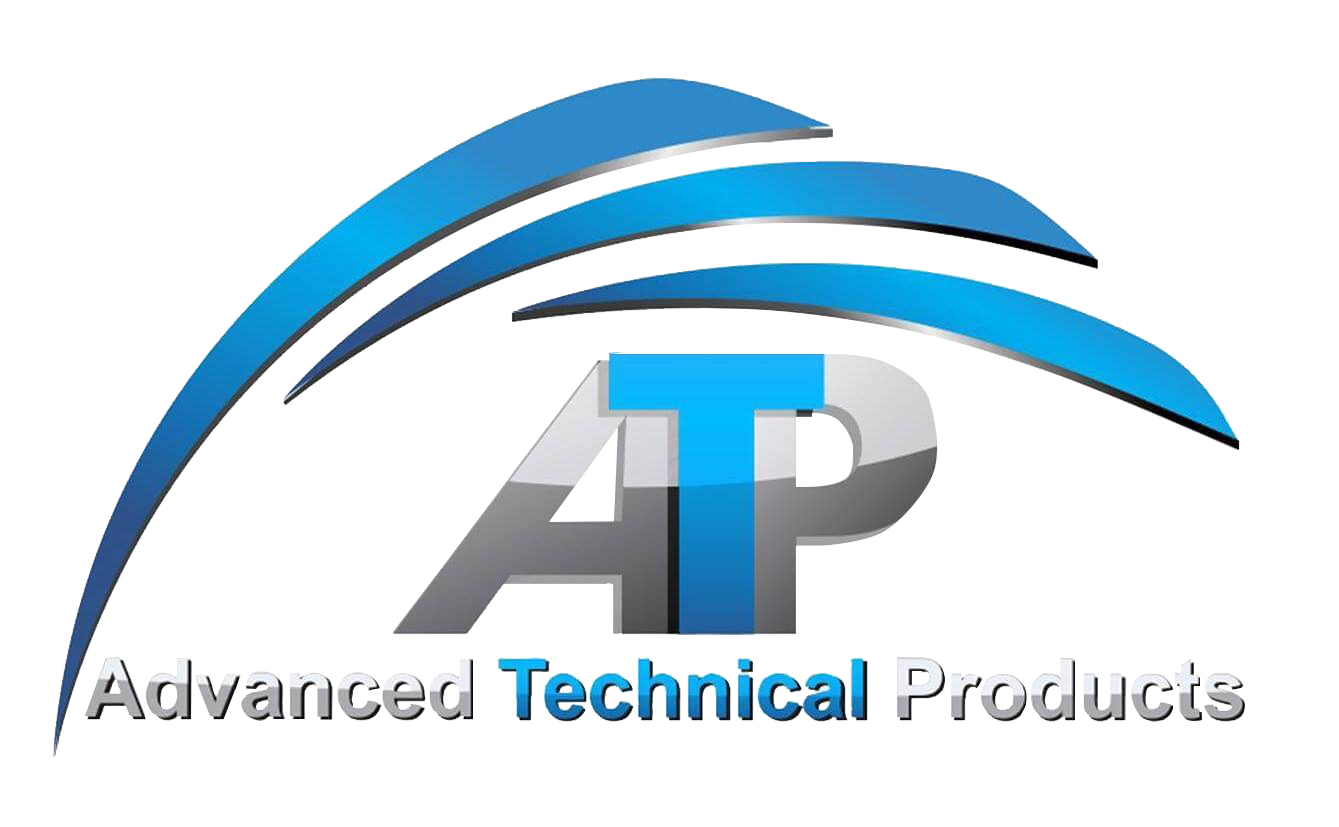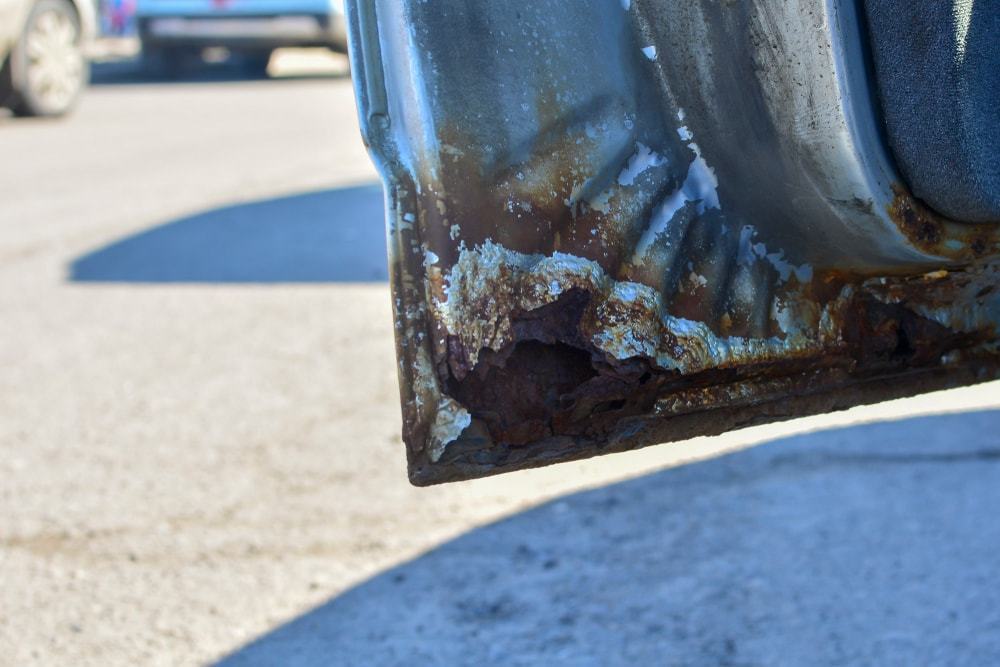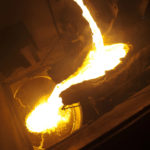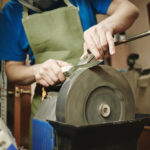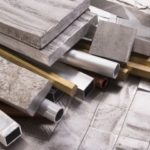It is common for high-performance structural components and process equipment to experience some form of corrosion regardless of what type of material is used and corrosion-resistant coatings can increase the lifespan of a part, as well as reduce maintenance and replacement costs. In order to select the appropriate coating, though, it is important to identify the kind of corrosion to which a part is prone. Based on how a part is used and what conditions it is exposed to, the kind of corrosion that develops may differ.
What Are the Types of Corrosion on Metal?
Many metals exposed to dry air will develop a layer of corrosion on their surfaces which can protect the underlying metal as long as the air remains dry. Aluminum, for example, quickly forms a skin of aluminum oxide on its surface which clings tightly to the parent metal and prohibits further corrosion – even if atmospheric conditions change. Iron and steel, on the other hand, will form a layer of rust in dry conditions but as humidity, and temperature, increase, this rust will continue to form in the underlying material. But an iron bar in dry air can form a layer of protective iron oxide as long as the air stays dry.
The phenomenon of electrochemical corrosion is well known. Two dissimilar metals, such as copper and zinc, immersed in water will quickly establish an electrochemical reaction where one metal – in this case, zinc – will become an anode and give up electrons to the other material – copper. The copper, in this case, acts as and is called a cathode. Chemically speaking, the zinc undergoes an oxidation process, its metal atoms losing one or more electrons and becoming metal ions. Meanwhile, as the two metals are electrically connected through the water bath, the copper undergoes a reaction process and gains the zinc ions. This is the principle behind the galvanic cell.
Any two dissimilar metals in contact will experience this anode-cathode relationship. To determine the tendency of any combination of dissimilar metals to corrode, the concept of electrode potential is used. It assigns a standard electrode potential (in volts) to each metal, using a hydrogen gas electrode as the zero reference. Below is a list of metals with electrode potential shown for the two extreme cases (Magnesium and Gold).
Read more: Corrosion Resistant Coatings for Various Types of Corrosion
